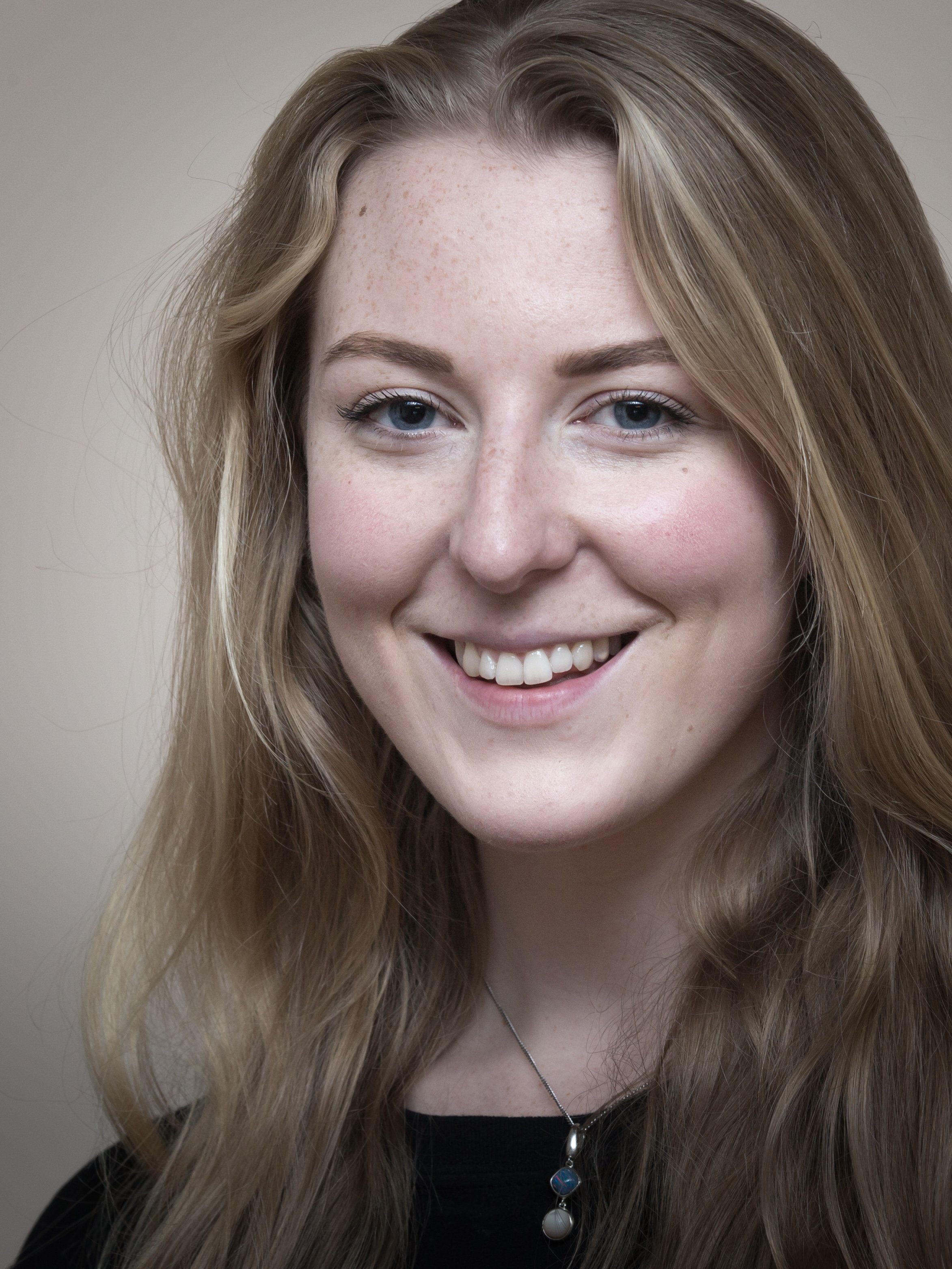The Elixir of Love
BY GAETANO DONIZETTI (SUNG IN ENGLISH)
BY GAETANO DONIZETTI (SUNG IN ENGLISH)
Donizetti's Elixir of Love" (L'elisir d'amore) is a comic opera in two acts that tells the story of a young man named Nemorino, who is hopelessly in love with a wealthy and beautiful woman named Adina. Nemorino is convinced that he needs a love potion to win Adina's heart, and he buys a bottle of elixir from a travelling salesman, who claims that it will make any woman fall in love with the person who drinks it. However, the "elixir" is actually just a bottle of cheap wine.
As Nemorino drinks the wine, he becomes increasingly drunk and behaves strangely, causing Adina to become even more distant from him. Meanwhile, a wealthy and handsome soldier named Belcore arrives in town and begins to court Adina, who is initially uninterested but is eventually won over by his charm and confidence.
Despite all of this, Nemorino continues to believe that the elixir will work, and he becomes more desperate as he realizes that Adina is about to marry Belcore. In the end, Adina confesses her love for Nemorino, and they are reunited in a joyful and comic finale. The opera is known for its beautiful arias, lively ensembles, and charming humor.
(in order of appearance)

Emma Burke - Giannetta
After studying Music at Durham University, Emma moved to York to complete a Masters in Vocal Studies under the tuition of Susan Young and graduated in January with distinction. As well as being actively involved in performance at university, Emma was a member of the Samling Academy for three years, giving her access to high quality teaching and opportunities to perform across the North East. Emma is currently working for Sing Education as a Primary Music Teacher in schools across North Yorkshire as well as performing locally. Most recently, she performed the soprano solo in Mozart’s Requiem and Rossini’s Stabat Mater with Scarborough Choral Society. Emma is really excited for her first show with York Opera and to perform her first operatic role!

Hamish Brown - Nemorino
Hamish Brown has sung with York Opera since 2008 in such roles as Tamino (The Magic Flute) Eisenstein (Die Fledermaus), Frederick (Pirates of Penzance), Richard (Ruddigore), Fairfax (Yeomen of the Guard), Basilio (Marriage of Figaro), Pong (Turandot) and Ishmael (Nabucco). He is from Bearsden near Glasgow and has studied both Maths at Edinburgh University and Opera at the Royal Conservatoire of Scotland. He has sung with many opera companies in his time including Grange Park, Pimlico, New Cambridge and British Youth Operas, the London Opera Players, Bristol and Bath Operas and several G & S Companies. Major roles include Albert (Albert Herring), Quint (Turn of the Screw), Alfredo (La Traviata), Gerald (Lakmé) and Marco (The Gondeliers). Hamish has lived in York since 2018 and teaches Maths at York College.

Alexandra Mather - Adina
Alexandra is excited to be taking part in another show with York Opera. Previous roles include Lady Ella, Patience, Micaela, Carmen, Casilda, The Gondoliers, Pamina, The Magic Flute and Josephine, H.M.S Pinafore. Outside of Opera Alexandra also enjoys performing in musical theatre, where previous roles include Glinda, The Wizard of Oz, Doreen, The Secret Diary of Adrian Mole Aged 13 3/4, Mrs. Fezziwig, Scrooge and Jellyorum, CATS, all with Pick Me Up Theatre. Alexandra was also the recipient of the Best Youth Performer at the International Gilbert and Sullivan Festival in 2016 for Iolanthe in Iolanthe and 2018 for Aline in The Sorcerer. She is also a graduate of the Glyndebourne Academy.

David Valsamidis - Belcore
Bass-baritone David Valsamidis graduated from the Masters in Vocal Ensemble Performance from the University of York in 2021 studying with Robert Hollingworth and Alex Ashworth. He is in his fifth year as a singer at York Minster and he played Papageno in York Opera's production of Mozart's The Magic Flute. Previous operatic productions include The University of York Opera Society’s production of A Dinner Engagement by Lennox Berkeley, the chorus in I Fagiolini's production of Orfeo, and Polyphemus in Handel's Acis and Galatea. He has recently had his Wigmore Hall debut with vocal ensemble Siglo De Oro and has performed with I Fagiolini and Tenebrae. In the off-season he is a purveyor of fine pies on the Shambles.

Ian Thompson Smith - Dulcamara
Ian studied music at the University of Hull, where he first had the opportunity to sing opera and oratorio. He first sang with York Opera in 1986 in an extract from ‘The Marriage of Figaro’, and has managed to continue this interest ever since alongside his job as headteacher at a primary school in Leeds. Roles include Papageno and Monostatos (‘The Magic Flute’), the Pirate King (‘Pirates of Penzance’), Captain Balstrode (‘Peter Grimes’), Aeneas (‘Dido and Aeneas’), Captain Corcoran (‘HMS Pinafore’), Escamillo (‘Carmen’), Eisenstein and Falke (‘Die Fledermaus’), Silvio (‘Pagliacci’), Germont (‘La Traviata’) and the title roles in Verdi’s ‘Macbeth’ and ‘Nabucco’. Away from the stage his recent performances include Haydn’s ‘Creation’, Orff’s ‘Carmina Burana’, Mozart’s Requiem and Coronation Mass, Mendelssohn’s ‘Elijah’, and Handel’s ‘Messiah’.
Victoria Beale
Hannah Cahill
Lydia Campbell
Julia Cormack
Wendy Jackson
Sue Lindley
Charlie Logan
Jennifer Read
Gilliam Tiplady
Robin Walton
Dominika Warecka
Ana Williams
Polina Bielova
Chloe Crowder
Mandy Shackleton
Johanna Hartley
Joan Sinanon
Maggie Soper
Adrian Cook
Owen Williams
Paul Richardson
Steve Wilson
Alex Dickinson
David Hartley
Ambroise Gray
Will Gausden
Bill Read
Mark Haddon
Clive Marshall
Jack Storey-Hunter
Mark Simmonds
Dominika Warecka-Gabe
Polina Bielova
Adrian Cook

Steve Griffiths - Musical Director
Steve was born in Manchester and studied music at the universities
of York and Sheffield. His first operatic roles were Antonio (The
Marriage of Figaro) and Sergeant Budd (Albert Herring), both in
Oxford during the 1980s. As head of music at Fulford School in York
from 1988-2012 he composed and directed the music for two
original productions in addition to directing orchestras, bands and
choirs. Steve’s first appearance with York Opera was in Peter Grimes
and he also sang Don Pedro (Beatrice & Benedict), Zuniga (Carmen)
and Mr Page (The Merry Wives of Windsor) with West Riding Opera.
For York Opera he has sung the title role in The Mikado , Belcore
( The Elixir of Love ), Leporello (Don Giovanni), the Constable ( Hugh
the Drover ), Sarastro ( The Magic Flute ), Banquo ( Macbeth ), Falstaff
( The Merry Wives of Windsor ) Zaccariah (Nabucco) and Timur
(Turandot). Steve was Musical Director for The Beggar's Opera in
2008 and Tales of Disguise and Deception in 2016.
It’s a mystery, really. The way in which some composers can take basic note patterns and chord sequences and turn them into memorable melodic ideas - tunes - that leap out in performance and lodge themselves in the listener’s mind. The year 1797 turned out to be a vintage year in this respect, with the birth of Schubert and Donizetti, both of whom were prolific tunesmiths. Whilst Schubert’s melodies were often concentrated into lieder, Donizetti - as any self-respecting C19 Italian composer would - poured his ideas into opera.
L’Elisir d’Amore was composed in 1832, by which time Donizetti had already written over forty dramatic works. The most famous number in the opera is, of course, Una furtive lagrima (Who can deceive), Nemorino’s plaintive moment of realisation towards the end of Act II. With its elegant and expressive lines it has rightly become a staple of tenor recitals, but it has, perhaps, overshadowed the wealth of melodic invention which flows through the opera.
Take the opening chorus, for example. A lilting 6/8 dance tune which immediately characterises the villagers as open-hearted, simple souls, ready to listen to a tale of Tristan and Isolde and to hang on Dulcamara’s every word. The good Doctor himself uses fast patter song to sell his dubious potions, but his vocal line can burgeon into grandiose phrases as he extols his ‘love of country’. Dulcamara also has a nice line in simple, catchy melody, heard in the barcarole which he sings with Adina early on in Act II and which returns at the end of the opera to bring the piece to a good-natured close.
Belcore introduces himself with a poised aria which grows ever more elaborate in his self- satisfaction. The florid ornamentation typical of Italian opera at this time is never used by Donizetti merely to flatter his singers. It is always an integral part of the dramatic picture, as in the scene in Act 1 between Adina and Nemorino, in which the elaborate vocal lines express both her sense of freedom and his devotion in terms of flowing natural forces. Likewise, Adina’s spectacular vocal lines towards the end of Act II are thrilling to hear, but they also give substance to her overflowing heart at this point in the story.
Dulcamara tricks Nemorino into believing that Adina will fall for him with a cheap bottle of wine, but the true elixir is Donizetti’s music, an uncorked fountain of melody which transforms a simple story into enchantment.

Chris Chartlon-Mathews - Stage Director
This is Chris' debut production as director with York Opera. He first gained experience in the role with the University of York Gilbert and Sullivan Society, directing The Pirates of Penzance (twice), Ruddigore, and The Yeomen of the Guard. Subsequently, as President and Director in Residence of Titwillow Productions, he has produced a further Pirates and an Iolanthe. With York Opera he has trod the boards in both The Pirates of Penzance and HMS Pinafore. Observant readers will note a bias towards the works of Gilbert and Sullivan; it may therefore not come as a surprise that this is not only Chris' first foray into directing York Opera, but his first non-Savoy opera in any role at all. Chris is excited for the challenge and hope you all enjoy the show, and would like to thank his daughter Emilia for her choreography ideas.
The first time I read the libretto for The Elixir of Love, I was struck by two things. The first was just how much fun it was; the first time I watched a version of it on stage I laughed out loud, the language barrier notwithstanding. The second was how very modern the characters were; Adina, with her unapologetic refusal to cede to any man; Belcore, an arrogant 'alpha male' of the most ridiculous sort; Dulcamara, the charismatic showman who can sell anything to anyone (and who is not overburdened with scruples about doing so). And anchoring the whole opera, poor, simple Nemorino - credulous and guileless, the 'nice guy' who wants the girl but doesn't feel entitled to her affection. Meanwhile around them life goes on in a small Italian village much as it has done for centuries.
This timeless element, curiously enough, steered me towards arguably the most controversial artistic decision of the whole show - to set this mid-19th century opera in the mid-1940s. I will be honest, the first historical aspect that guided me to this period didn't make it into the final staging - putting the 1944 eruption of Vesuvius on the Joseph Rowntree stage proved to be at best distracting from the opera in hand, and at worst prohibitively expensive. However, the characters once again stepped forward to position themselves squarely in that highly turbulent decade in Italian history. Villages being conquered, and then reconstructed, by occupying Allied troops; in many cases the villagers delighted to be rescued from the retreating Nazi forces - and particularly when the rescue was by well-dressed, charming American GIs with Italian families. In this context, the swaggering Belcore becomes a Hollywood wannabe; a man who read about Clark Gable's heroics in the Air Force and sees a chance at fame and glory, and the attendant wine, women and song.
Dulcamara likewise responded well to this reinterpretation. The quack doctor becomes a shady spiv and black marketeer, using his undoubted charm and salesmanship to earn a fast buck from his dubious wares, before disappearing into the night just one step ahead of dissatisfied customers and the authorities. To support him, we provided him with two glamorous assistants; we felt that our 1940s doctor would definitely use that hint of glamour to make a few extra lire.
But central to it all was the idea that while life outside the village might be full of chaos, and soldiers, and the bigger issues, inside the village life goes on much as it has for 400 years. True, there's a civilian mayor rather than a baron, and the bar has a poster advertising Martini, and there's talk that one of the rooms in the hotel might be getting hot water on tap, but the quiet, slow pace of life warmed by the midday sun will not be hurried. I found these villagers incredibly likeable - easily wooed by glamour and excitement, but fundamentally hopeless romantics who are delighted for things to all work out in the end.
To conclude, a few words of thanks. Without the myriad talents and hard work of everyone whose names feature in this programme, there would be no show - indeed, there would be no company. Particular thanks, though, to Maggie for working tirelessly, from a base of having basically nothing in hand, to create a complete suite of 1940s costumes for the cast. John Soper's set design excited me from the first moment he showed it me (having first talked me down from my more unrealistic ideas with far more patience than I deserved), and the Sugar Hill Mob turned it into a reality. Pat has ensured that the right props found the right people at the right time. Paul, our esteemed former chair, has been kindness itself as I have navigated the challenges of directing with a new company for the first time. James and Tim have accompanied rehearsals with verve and aplomb from the first note bash to the final dress, and it is no exaggeration to say that we could not have done this show without them. The whole cast have dealt with my vagaries with good humour and minimal outbursts.
And finally, huge thanks to Liz and to Steve. It's been a pleasure to direct with you both. Let's do it again some time. Enjoy the show!
Elizabeth Gardner
Ollie Nash
John Soper
Ollie Nash
Paul Richardson
Steve Griffiths
Clive Marshall
John Soper
Paul Richardson
Maggie Soper
Maggie Soper
Anna Day
Sandra Rowan
Uniforms and suit provided by Mad Hatters Fancy Dres
Pat Easton
John Soper
Wendy Jackson
Pauline Marshall
Steve Griffiths
Alasdair Jamieson
Myrna Michell
James Sanderson
Tim Tozer
Ben Lindley
Annabel van Griethuysen
Rebecca Reid
Claire Jowett (Leader)
Gillian Little
Clare Howard
Marcus Bousfield
Rachel how
Tina Sanderson
Amanda Kirby
Emma Leaman Brown
Margaret Bryan
Rosie Morris
Felicity Jones
Alex Nightingale
Julie Purcell
David Johnson
Stephen Watt
